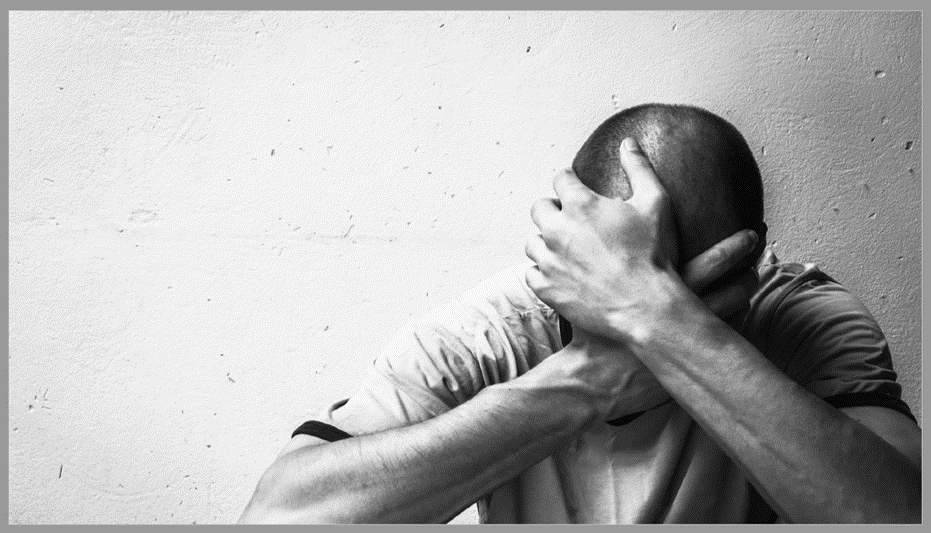Another week comes and another flood of divisive stories surrounds us. This week, conservatives and liberals are waging war on issues like abortion rights and the federal budget—to name just two. A few weeks ago, liberals and conservatives were attacking each other on Afghanistan and the politicization of the Supreme Court. Weeks before that, it was voting rights and border issues. And every week, we find ourselves ready to kill each other over masks—whether or not to wear a small piece of fabric over our noses and mouths to try to stem the spread of a deadly disease.
If we weren’t living through this, I don’t think we would believe it. War, hate, name calling, demonizing. No matter the issue, it’s our default method for solving problems. Somehow the vast majority of us have concluded that the best way to solve a problem—almost any problem—is to demean, destabilize, and destroy those who don’t see it our way. In the background, the toll of contempt for and indifference to each other is grinding us down. Almost 80% of American parents are concerned about their child’s mental health, crime rates continue to rise, and 41% of Biden voters and 52% of Trump voters now at least “somewhat agree” that it’s time to split the country. How is it that we’re so blinded to the effects of our culture of contempt on the mental health, community stability, and overall survival of our nation that we continually make them worse?
Professor Peter T. Coleman from Columbia University recently shared with me his view that we’re not just in a crisis of common meaning, but we’ve actually become addicted to the sensation that comes from the combination of anger, contempt, hatred, virtue, and self-righteousness we feel when we tell ourselves “THOSE PEOPLE” are the problem. If you’ve been in, or know people who suffer from, addiction, this may sound strange. But it makes perfect sense to me. Addictions come in many forms: we can be addicted to alcohol, drugs, and food, but we can also be addicted to anything from religion to hero worship to shame to weight-lifting. The common ground is always the same: we substitute some soothing sensation for honesty, healing, and love.
